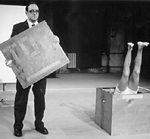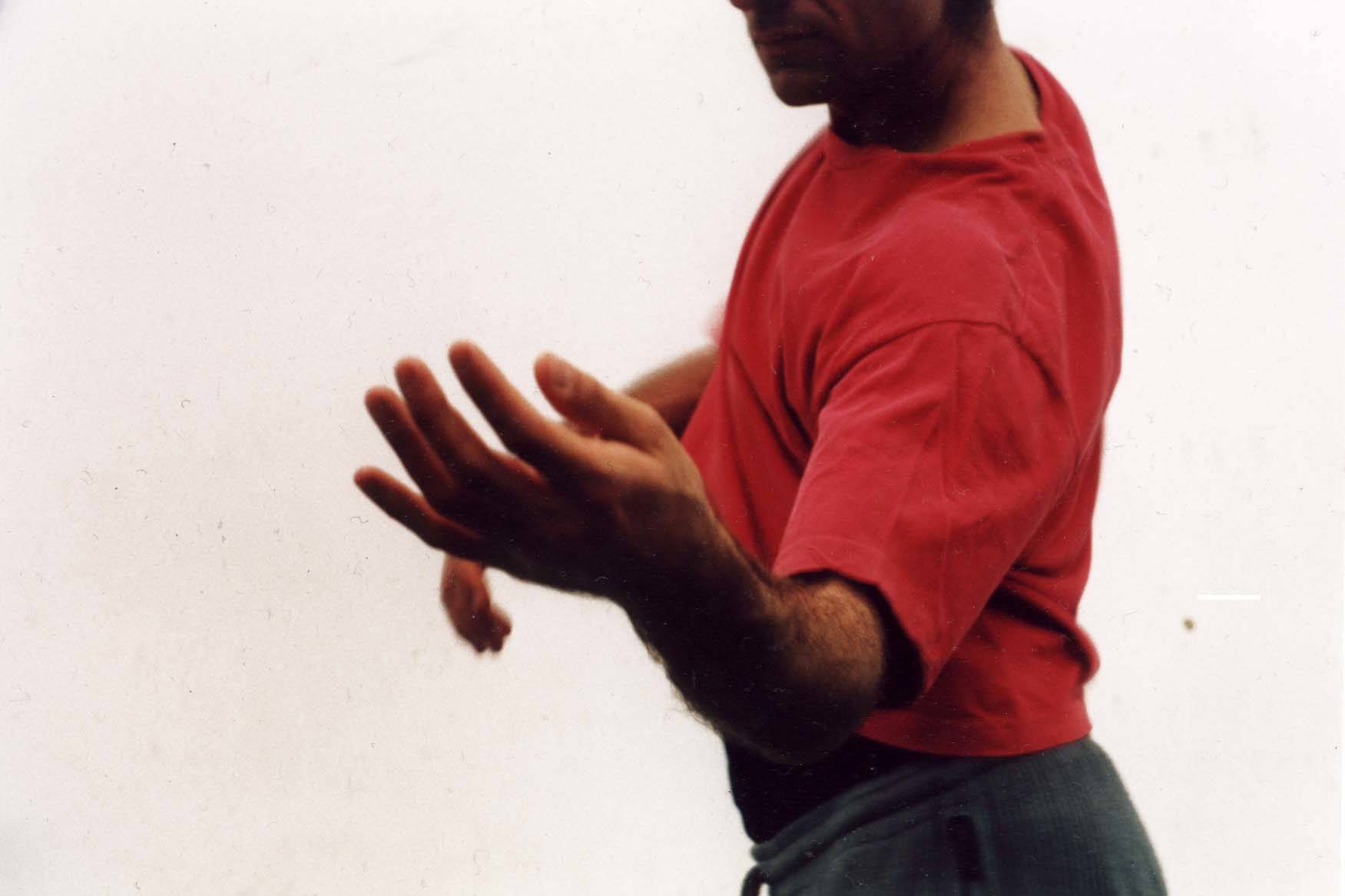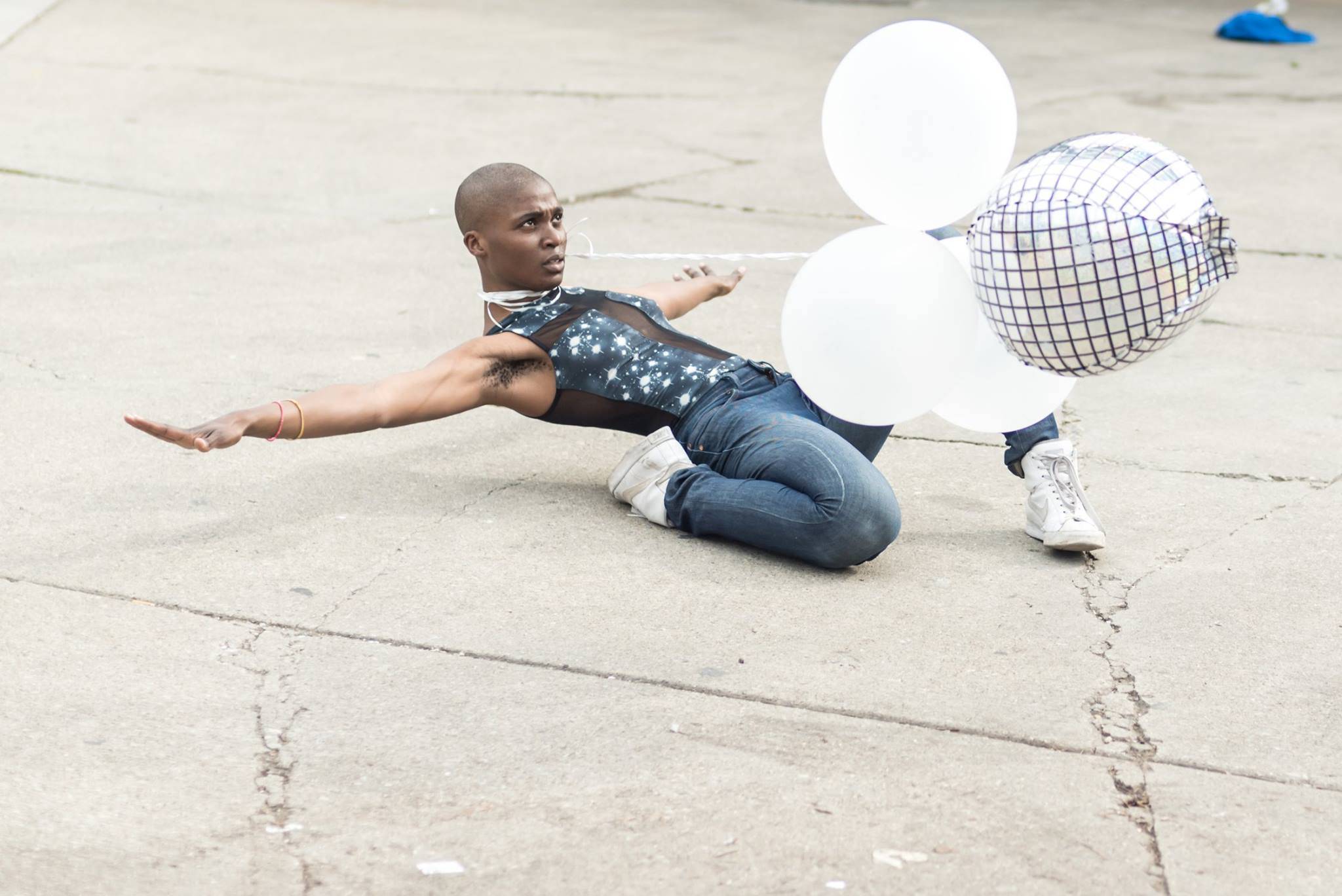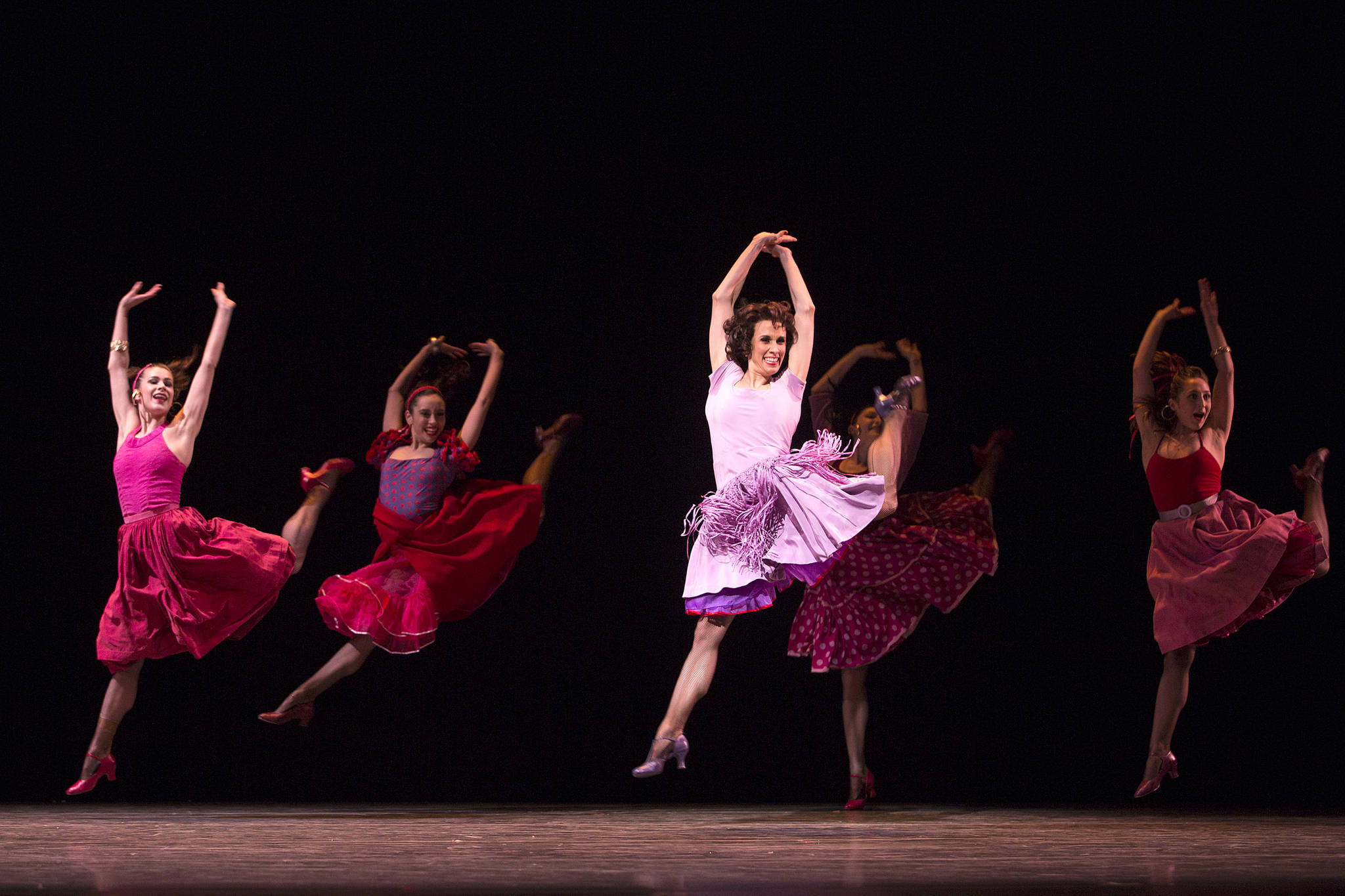THERE’S SOMETHING uniquely compelling about a documentary. Whether it’s legitimate curiosity or voyeurism, human beings want to know what it’s like to be someone or somewhere else—we want to look in on somebody else’s story and believe it’s the truth. In the work “Total Fictional Lie,” the New York performance group Elevator Repair Service starts with this desire and turns it over and around like a M�s strip. Either they’re holding a skewed lens up to popular culture, or the artifacts themselves aren’t so straightforward.
Elevator Repair Service
February 10-13 at On the Boards
Originally the company planned to do a work about vaudeville, but while they were watching a PBS documentary on the theater form (produced, coincidentally, by Seattle author Greg Palmer) they realized they were more intrigued by the conventions of the documentary itself than by whatever the people on screen were saying. “Telling the truth” in this format was as much a performance as any scripted drama, the old vaudeville players presenting themselves as carefully here as they did on the Pantages circuit. The members of ERS were fascinated by the idea of performing yourself, presenting reality as a kind of fiction.
The show looks like the result of a scavenger hunt, with material ranging from serial killer Aileen Wuornos to teen sensation Paul Anka. Some of it is taken straight from the original documentary versions, so that company members find themselves reenacting the reenactment. More often, though, the “footage” is transformed, cut and stitched together in a new pattern, stretched or compressed in time and space. Co-director John Collins also works as a theatrical sound designer, and “Total Fictional Lie” reflects those skills—it’s as much edited as it is directed. Past works by the company have combined elements as disparate as Indian “Bollywood” musicals and the plays of Tennessee Williams, and this new piece continues in that postmodern, Dadaist direction.
Whether it’s intentional or not, the original vaudeville concept is still visible, especially in an extended scene taken from a documentary about door-to-door Bible salesmen, played here like a Burns and Allen routine on downers. The “true story” sections are interspersed with music and dance breaks, so that the whole thing is reminiscent of old music hall programs. The choreography by Katherine Profeta frequently has a mordant quality, including ensemble sections that resemble a lobotomized audition for the Pips. They lurch through a soft-shoe routine and then drape themselves over their partners like a slow dance at the high school gym.
The members of Elevator Repair Service have said they want to “make (their) audience laugh, but not be exactly sure why they’re laughing.” In “Total Fictional Lie,” one of the reasons we’re laughing is to take the sting out of seeing our curiosity held up to public view. By the end of the work, the claim “you are there” seems more like a threat than a promise.








